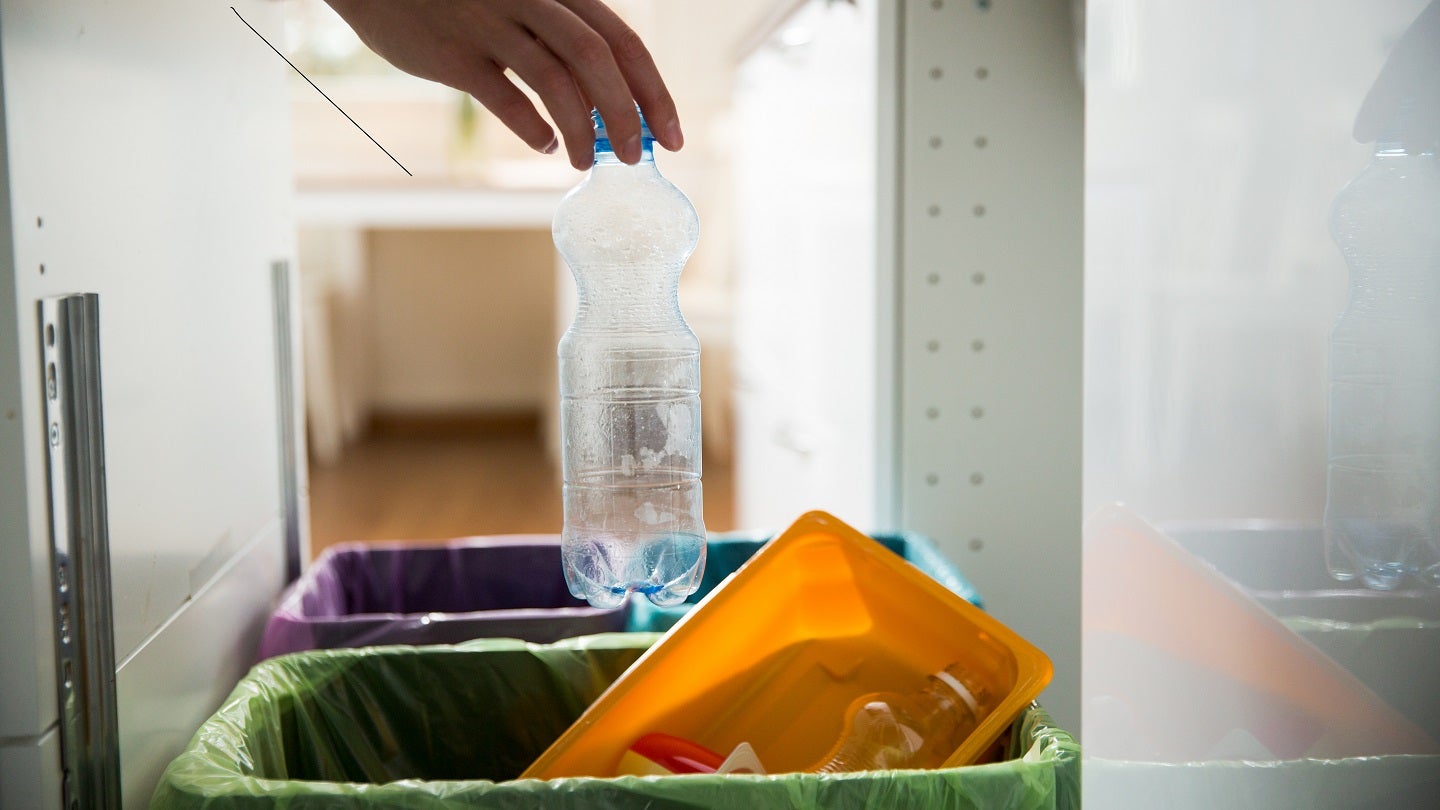
The City of Pittsburgh’s Department of Public Works (DPW) Bureau of Environmental Services has announced some changes to the curbside trash and recycling collection that will take effect in 2024.
These changes are part of an effort to improve recycling practices and reduce waste in the city.
Residents of Pittsburgh will soon receive the annual newsletter, which includes the 2024 recycling and refuse calendar. This calendar will detail the designated recycling weeks for each area.
In addition, residents can find their specific collection information by searching their property address on the ‘PGH.St’ website.
Starting next year, the city would no longer collect cardboard boxes left out on non-recycling weeks.
As per the new changes, residents must flatten and bundle cardboards boxes for collection only during the designated recycling weeks, similar to how bottles and cans are collected.

US Tariffs are shifting - will you react or anticipate?
Don’t let policy changes catch you off guard. Stay proactive with real-time data and expert analysis.
By GlobalDataFurthermore, the city instructed residents to place recyclables loosely in their bins from 2024.
The use of plastic bags has been found to hinder recycling operations, damage equipment, and increase maintenance costs.
In a statement, the City of Pittsburgh DPW Bureau of Environmental Services said that “recycling placed on the curb in plastic bags will not be picked up and may be tagged for violation”.
Further, plastic bags should be disposed of in the trash or taken to designated recycling drop-off bins at local retailers.
The city also urged businesses to support these initiatives by adhering to Pittsburgh’s Plastic Bag Ban.
This includes ceasing the distribution of plastic bags, charging at least $0.10 for each paper bag, and displaying signage to inform customers of the ban.



